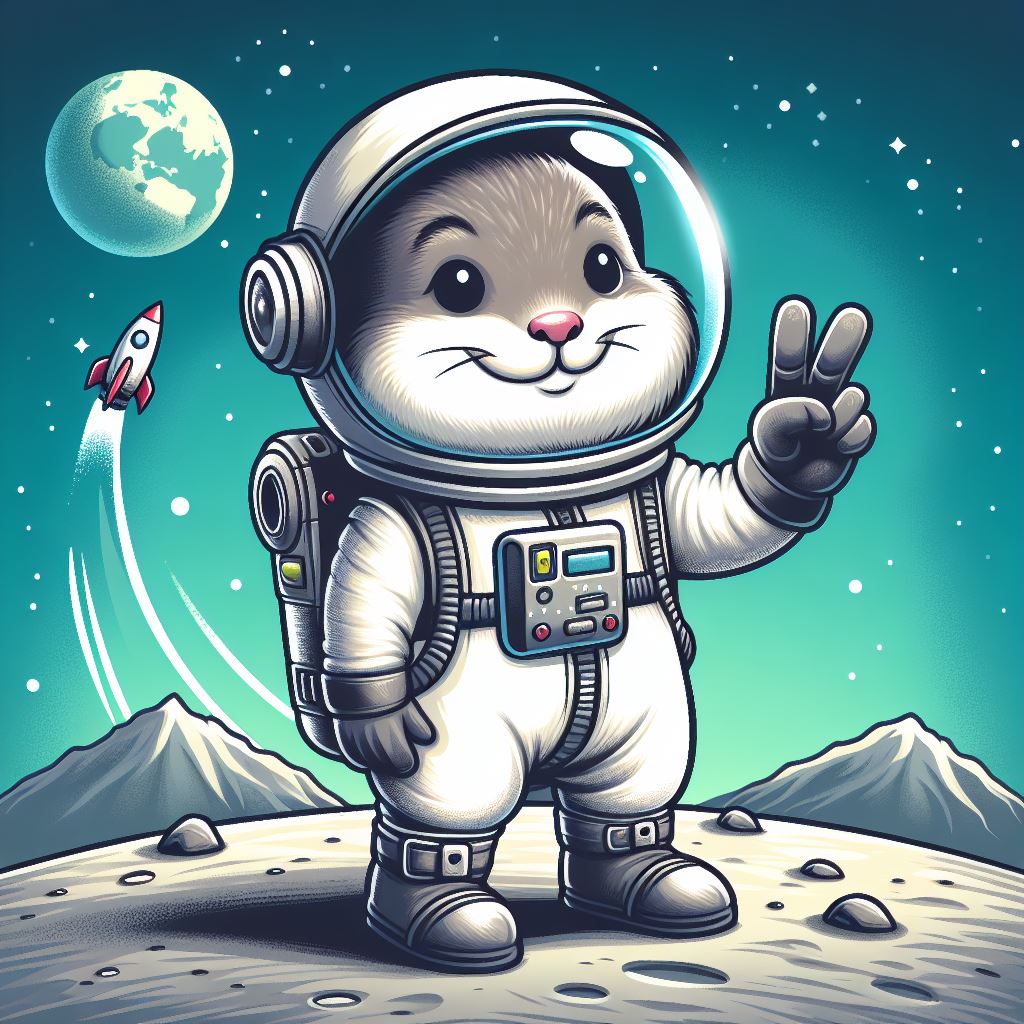- cross-posted to:
- science@lemmy.world
- cross-posted to:
- science@lemmy.world
cross-posted from: https://lemmy.world/post/23761994
NASA’s Commercial Lunar Payload Services, or CLPS, initiative aims to deliver science and technology payloads to the Moon using commercial landers. CLPS is what brought Intuitive Machines’ Odysseus lander to the Moon in February 2024, marking the first U.S. Moon landing since Apollo.
In 2025, NASA has several CLPS missions planned, including deliveries by companies Astrobotic, Intuitive Machines and Firefly Aerospace.
In February 2025, NASA plans to launch the Spectro-Photometer for the History of the Universe, Epoch of Reionization and Ices Explorer, or SPHEREx, observatory. This mission will survey the sky in near-infrared light, which is a type of light that is invisible to the naked eye but that special instruments can detect.
The European Space Agency, or ESA, plans to conduct an orbital test flight of its Space Rider uncrewed spaceplane in the third quarter of 2025. Space Rider is a reusable spacecraft designed to carry out various scientific experiments in low Earth orbit.
Japan’s M2/Resilience mission, scheduled for January 2025, will launch a lander and micro-rover to the lunar surface.This mission will study the lunar soil to understand its composition and properties. Researchers will also conduct a water-splitting test to produce oxygen and hydrogen by extracting water from the lunar surface, heating the water and splitting the captured steam. The generated water, oxygen and hydrogen can be used for enabling long-term lunar exploration.



When I was a kid in the late 70s and early 80s, there were the Voyager probes and the Pioneer probe, plus the two Viking landers. I don’t think there was anything else of real note in terms of exploration of the solar system until the first Mars rover, and that was in 1997. Now we have probes all over the solar system and multiple rovers on Mars and the moon.
Just incredible. I can’t wait to find out what else will be discovered.